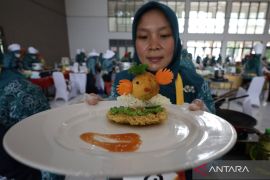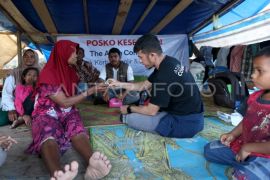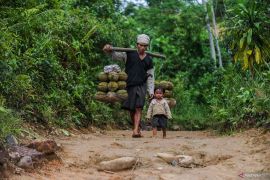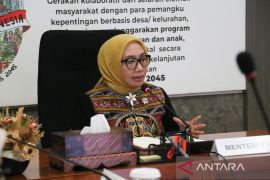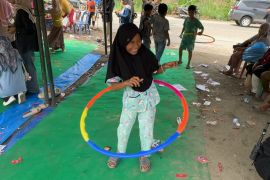A telephone survey of more than 4,500 U.S. children and teens done in 2008 found that nearly half who experienced violence, abuse or crime told someone at school, the police or a doctor or nurse.
That compares with 25 percent of cases in a similar study done in 1992, David Finkelhor of the University of New Hampshire and colleagues reported in the Archives of Pediatrics & Adolescent Medicine.
Finkelhor`s team interviewed parents of children up to age 9 and children and teens age 10 to 17 whose parents agreed to the study. They asked questions about five types of victimization: conventional crime; maltreatment, such as physical assault or threats; abuse by peers and siblings; sexual abuse; and indirect exposure to violence such as witnessing abuse.
More than 58 percent of the children and teens said they had been personally victimized at least once in the past year. This included bullying but did not include witnessing crime, such as domestic assault.
Nearly 46 percent said they had informed authorities of the victimization. This was especially true of more serious problems.
For example, authorities had been told about 69 percent of the cases of sexual abuse by a known adult.
But children also spoke up about other problems, with 51.5 percent telling someone about emotional bullying, 48 percent telling someone about neglect and 47 percent telling authorities about a theft.
Most of the time (42 percent of cases), children told someone at school. Police were informed in 12.7 percent of cases and medical authorities were told in 1.8 percent.
This result "is understandable given how much time children and adolescents spend in school and interact with school professionals," the researchers wrote.
The findings represent an improvement and suggest years of public awareness efforts directing children to tell someone about crime and abuse have paid off.
But they they also show that many children are still the victims of abuse, violence and neglect.
"That 58.3 percent of the children and adolescents in the study sample reported at least one direct victimization incident within the past year speaks to the enormity of the problem of victimization experienced by children and adolescents in our society," Drs. Andrea Gottsegen Asnes and John Leventhal of Yale University School of Medicine in Connecticut wrote in a commentary in the same journal.
They said recognizing the problem and intervening with mental health services may keep some of these children from suffering long-term health consequences of their abuse.
(*)
Editor: Bambang
Copyright © ANTARA 2011




